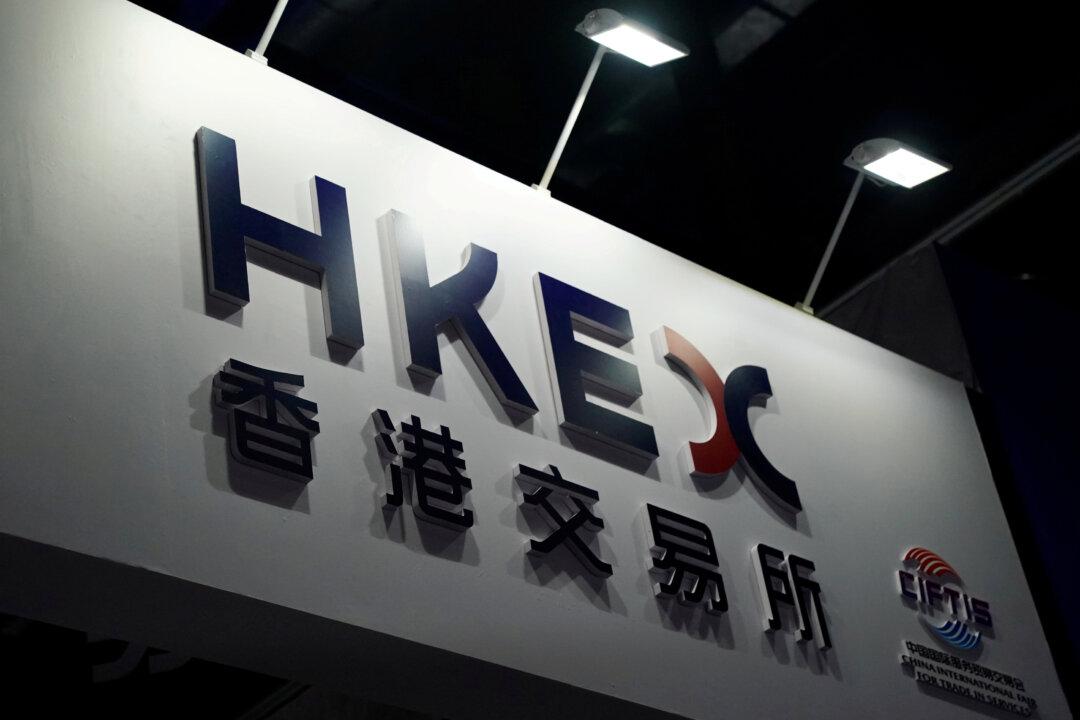Nasdaq-listed Weibo became the sixth Chinese company flagged by the Securities and Exchange Commission (SEC) for possible delisting from the U.S. market. Weibo, the Twitter equivalent in China, Nasdaq.com reported on March 24, will “evaluate all strategic options.”
The SEC seems to have accelerated the implementation of a 2020 law banning foreign companies from U.S. exchanges if their audit papers cannot be inspected by American regulators.
Weibo was cited by SEC on March 23 for possible delisting under the Holding Foreign Companies Accountable Act (HFCAA) on financial disclosures. Yum China Holdings, the operator of KFC in China, was among the five others named by SEC earlier this month, which triggered the worst decline in U.S.-listed Chinese stocks since the global financial crisis.
Washington has long requested complete access to the audit documents of publicly-traded companies in the United States, but Beijing, claiming national security concerns, prohibits foreign inspection of local working papers from accounting firms.
A map on the website of the Public Company Accounting Oversight Board (PCAOB), the agency tasked with overseeing the U.S. audit sector, showed China as the only jurisdiction that denied the organization “necessary access to conduct oversight.”
Weibo is one of the biggest social media platforms globally, with 573 million monthly active users. Like Yum China and many other companies, the social media platform has already secured second listings in Hong Kong.
U.S. institutional investors held around $200 billion of exposure to Chinese companies’ shares traded on Wall Street exchanges, according to Goldman Sachs’ estimation, quoted by Reuters.
The SEC said that there are 273 companies at risk under HFCAA in December, but did not name them.
“The SEC will gradually move to identify the more systemically significant China-based companies listed in the U.S.” Shaswat K. Das, a lawyer at King & Spalding LLP who previously worked at PCAOB, told Reuters.
China’s Vice Premier Liu He said on March 16 that talks between China and U.S. regulators on companies listed in the United States have progressed. “The two sides are working on a concrete cooperation plan,” he added in an attempt to alleviate investor anxiety.
However, Das cautioned that it is too early to tell whether this will result in anything significant.
Yum China Holdings said it may have to delist from the New York Stock Exchange in early 2024 after U.S. authorities said it had failed to provide access to audit documents.



